A celebration of the universe, displaying the whole of time, from its start to its final collapse. This film examines all that occurred to prepare the world that stands before […]
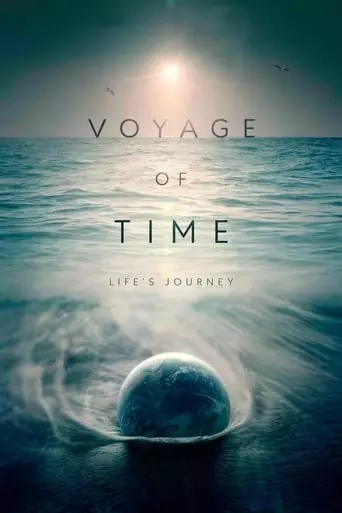
A celebration of the universe, displaying the whole of time, from its start to its final collapse. This film examines all that occurred to prepare the world that stands before […]

In this modern love story set against the Austin, Texas music scene, two entangled couples — struggling songwriters Faye and BV, and music mogul Cook and the waitress whom he […]

Rick is a screenwriter living in Los Angeles. While successful in his career, his life feels empty. Haunted and confused, he finds temporary solace in the decadent Hollywood excess that […]
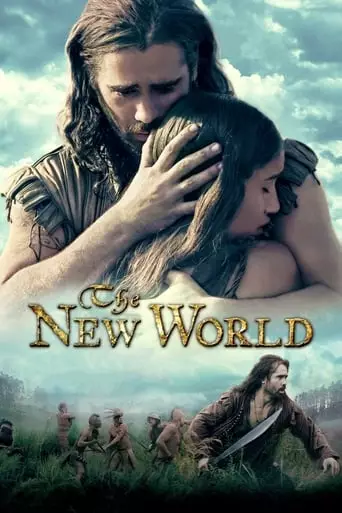
A drama about explorer John Smith and the clash between Native Americans and English settlers in the 17th century.

The impressionistic story of a Texas family in the 1950s. The film follows the life journey of the eldest son, Jack, through the innocence of childhood to his disillusioned adult […]
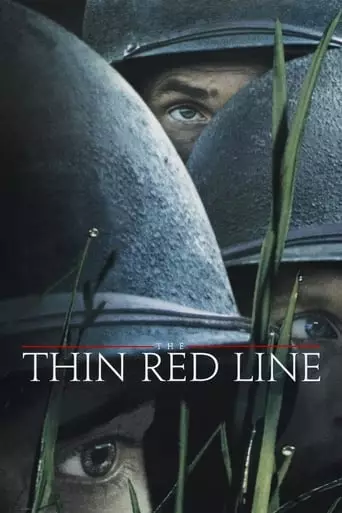
The story of a group of men, an Army Rifle company called C-for-Charlie, who change, suffer, and ultimately make essential discoveries about themselves during the fierce World War II battle […]
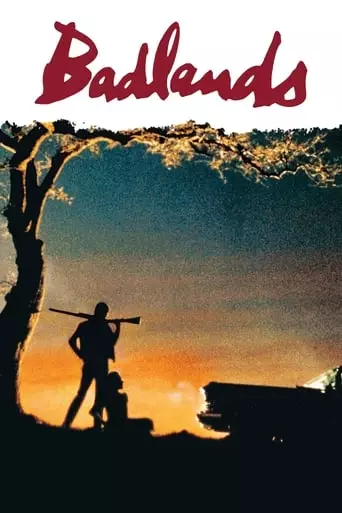
An impressionable teenage girl from a dead-end town and her older greaser boyfriend embark on a killing spree in the South Dakota badlands. Badlands, directed by Terrence Malick, is a […]
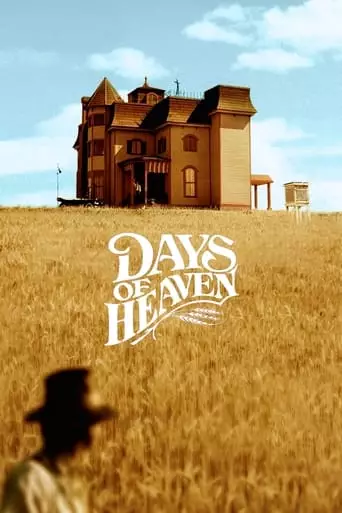
In 1916, a Chicago steel worker accidentally kills his supervisor and flees to the Texas panhandle with his girlfriend and little sister to work harvesting wheat in the fields of […]
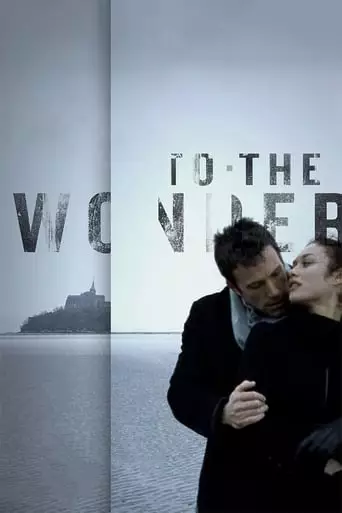
After falling in love in Paris, Marina and Neil come to Oklahoma, where problems arise. Their church’s Spanish-born pastor struggles with his faith, while Neil encounters a woman from his […]
Terrence Malick: The Poetic Philosopher of Cinema
Terrence Malick is a director whose name evokes a unique blend of visual poetry, existential musings, and philosophical storytelling. Known for his sparse but profound filmography, Malick has carved out a niche in the cinematic world, blending sweeping natural landscapes with deeply introspective narratives. His films, often meditative and enigmatic, transcend traditional storytelling, exploring the human condition, spirituality, and our place in the cosmos.
Early Life and Philosophical Roots
Terrence Frederick Malick was born on November 30, 1943, in Ottawa, Illinois, and grew up in Texas and Oklahoma. Malick studied philosophy at Harvard University, graduating summa cum laude in 1965. He later attended Magdalen College, Oxford, as a Rhodes Scholar, focusing on the works of Heidegger, Kierkegaard, and Nietzsche, influences that deeply inform his filmmaking.
Before turning to cinema, Malick worked as a journalist, contributing to magazines like The New Yorker. His interest in storytelling eventually led him to study at the American Film Institute (AFI) Conservatory, where he directed his first short films and began developing his distinctive cinematic voice.
A Masterful Debut: Badlands (1973)
Malick’s first feature, Badlands, immediately established him as a significant talent in American cinema.
Plot: Inspired by real-life events, the film follows a young couple (played by Martin Sheen and Sissy Spacek) on a crime spree across the Midwest.
Style: With its haunting voiceover narration and lyrical depiction of violence, Badlands juxtaposes the beauty of nature with the moral ambiguity of its characters.
Legacy: The film is widely regarded as one of the greatest directorial debuts in history, influencing generations of filmmakers.
Critical Acclaim with Days of Heaven (1978)
Malick’s sophomore effort, Days of Heaven, solidified his reputation as a visionary filmmaker.
Plot: A love triangle set against the backdrop of the Texas Panhandle during the early 20th century.
Visual Mastery: The film is renowned for its breathtaking cinematography by Néstor Almendros and Haskell Wexler, often shot during “magic hour” to capture ethereal light.
Awards: Malick won the Best Director award at the Cannes Film Festival, and the film earned an Academy Award for Best Cinematography.
Themes: It delves into themes of love, greed, and the passage of time, presented with minimal dialogue and a focus on visual storytelling.
The Two-Decade Hiatus
After Days of Heaven, Malick disappeared from the public eye for 20 years, retreating to Europe and working on unproduced scripts. This hiatus only heightened his mystique, as cinephiles eagerly anticipated his return.
Return to Filmmaking: The Thin Red Line (1998)
Malick re-emerged with The Thin Red Line, a World War II epic that juxtaposed the brutality of war with the sublime beauty of nature.
Plot: Loosely based on James Jones’s novel, the film explores the inner lives of soldiers during the Battle of Guadalcanal.
Philosophical Depth: Malick used the war setting to meditate on humanity’s relationship with violence, nature, and the divine.
Reception: Nominated for seven Academy Awards, including Best Picture and Best Director, the film marked a triumphant return and redefined the war movie genre.
Modern Masterpieces
The New World (2005):
A visually stunning retelling of the story of Pocahontas and the settlement of Jamestown.
Themes: The clash between civilizations, the loss of innocence, and humanity’s connection to nature.
The Tree of Life (2011):
A deeply personal exploration of life, death, and the cosmos, starring Brad Pitt, Jessica Chastain, and Sean Penn.
Innovations: Malick blends family drama with cosmic imagery, creating a film that is as much about the universe’s origins as it is about a single family’s struggles.
Accolades: Won the Palme d’Or at Cannes and received three Academy Award nominations.
Legacy: Often cited as one of the greatest films of the 21st century, it represents the pinnacle of Malick’s philosophical cinema.
To the Wonder (2012), Knight of Cups (2015), Song to Song (2017):
A trilogy of films exploring love, fame, and existential yearning, with a dreamlike, experimental narrative style.
A Hidden Life (2019):
The true story of Franz Jägerstätter, an Austrian farmer who refused to fight for the Nazis during World War II.
Themes: Moral courage, faith, and the struggle against tyranny.
Recurring Themes and Style
Malick’s films are unmistakably his own, characterized by:
Visual Poetry: He captures the sublime beauty of the natural world, often shooting with wide lenses and natural light.
Philosophical Inquiry: His narratives are meditations on existence, faith, love, and the mysteries of the universe.
Non-Linear Storytelling: Eschewing traditional structures, Malick uses fragmented, associative editing to mimic memory and thought.
Voiceover Narration: His characters often express their innermost thoughts through poetic voiceovers, adding layers of introspection.
Minimalism in Dialogue: Malick relies more on visual storytelling and atmosphere than on conventional dialogue.
Impact on Cinema
Terrence Malick’s influence extends across generations of filmmakers. His work challenges the boundaries of cinema, offering deeply personal and universally resonant experiences. Directors like Christopher Nolan, Denis Villeneuve, and David Lowery have cited him as an inspiration.
Legacy
Malick’s films are more than movies—they are philosophical experiences. Each project feels like a search for meaning, asking profound questions about humanity’s purpose and relationship with the world. His rare combination of artistic ambition and spiritual depth ensures that his legacy will endure, making him one of cinema’s most revered auteurs.